SUMMARY
This is AI generated summarization, which may have errors. For context, always refer to the full article.
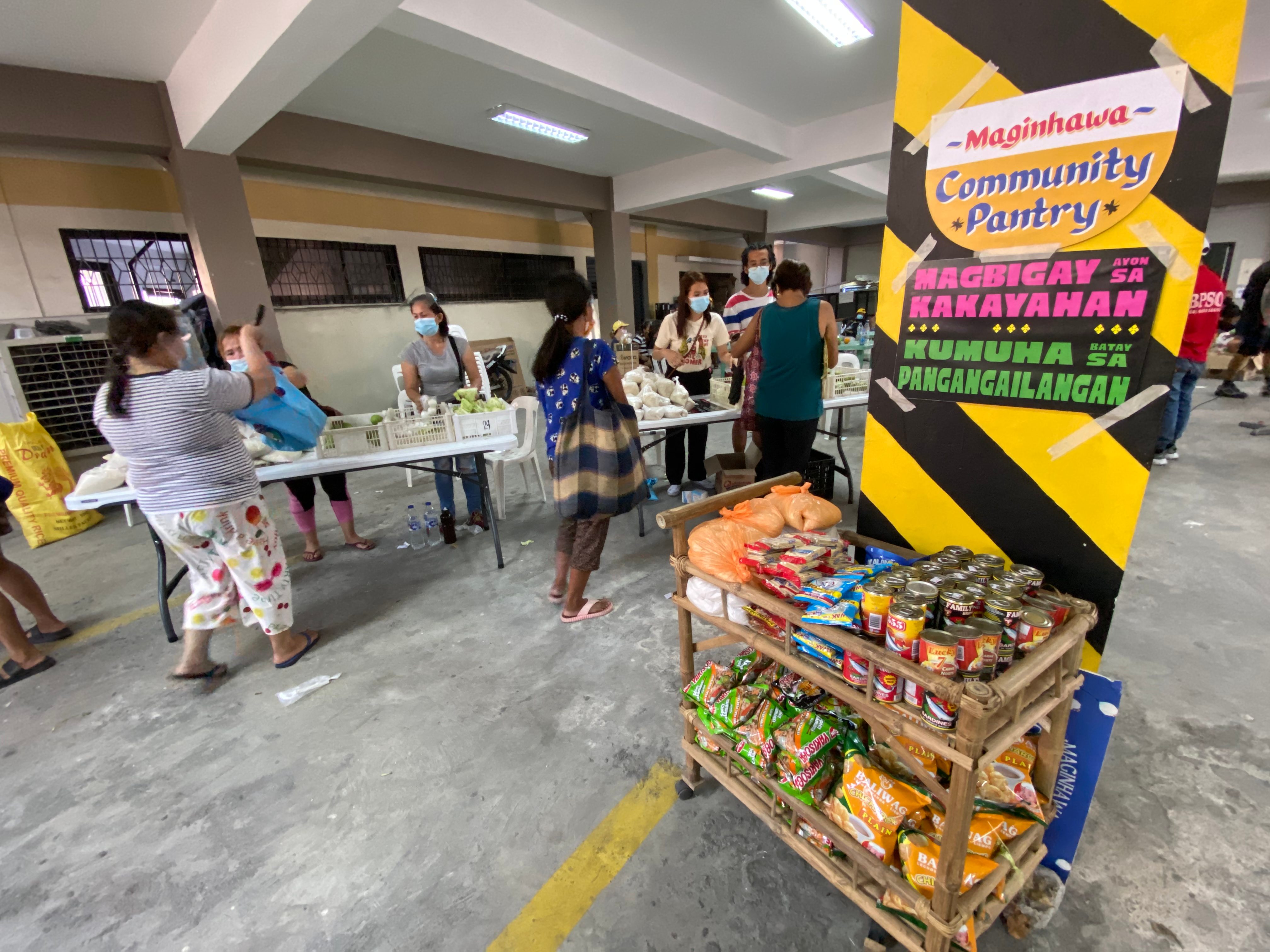
Quezon City Mayor Joy Belmonte has issued guidelines for running community pantries to reduce the risk of COVID-19 transmission in her city.
While the QC government reiterated its “full support” for the community-led initiatives of sharing free goods to those in need under extended quarantine, Belmonte stressed the need for pantries to comply with minimum health protocols and ensure orderliness.

“The City wholeheartedly supports such endeavors, as they promote the spirit of civic-mindedness or bayanihan and help enase the economic difficulties related to the pandemic…these pantries should be mindful of the need to comply with minimum health protocols, as well as ensure sanitation and orderliness in their surroundings,” Belmonte said in her memorandum.
Belmonte issued the guidelines on Friday, April 23, the same day a man died of “natural causes” while waiting in line at the community pantry of actress and philantrophist Angel Locsin in Quezon City. (READ: Angel Locsin apologizes for crowd chaos after man dies in community pantry queue)
It was addressed to all Quezon City barangays; the city’s departments, offices, and task Forces; and the general public.
According to the local government’s memorandum posted on its website on Saturday, April 24, those who want to put up a community pantry must submit a written notice to the barangay where the pantry is located, and that it should also indicate the person responsible for it.
Barangay permits or clearances are not needed to run community pantries in Quezon City.
Under the city guidelines, community pantry organizers are expected to:
- Wear face masks and face shields
- Require patrons to wear, at least, face masks before they can get commodities
- Enforce a one-meter distance among patrons in line
- Prohibit eating and drinking in the pantry’s vicinity
- Prohibit patrons from unnecessarily touching or handling items on display
- Maintain cleanliness in the pantry’s vicinity
- Be responsible for food safety (food must be fresh)
- Adopt a system to “mitigate abuse following reports about certain persons exploiting the community pantry and taking more than their fair share.” This can include imposing limits per person or household.
Community pantries are also only allowed to operate from 5 am to 8 pm.
Expansion, challenges
Since Ana Patricia Non opened the country’s first known community pantry in Maginhawa Street, Quezon City, on April 14, the initiative has spread nationwide and even to other countries. (READ: ‘Inspired’ by Filipinos: East Timor volunteers open community pantry)
There are around 300 to date all around the Philippines – 70 in Quezon City alone.
On Friday, the Maginhawa Community Pantry announced its new venue – now home to 9 pantries.
In a span of around a week, pantry organizers underwent several challenges like red-tagging by government officials. Non’s pantry had to temporarily close because of fears over the volunteers’ safety.
Police have been reported visiting community pantries and asking about organizers, despite the Philippine National Police saying it did not order this. The national task force against local communists, meanwhile, admitted to profiling them.
The red-tagging and profiling of community pantry organizers had prompted threats from the Senate and the House to defund the National Task Force to End Local Communist Armed Conflict (NTF-ELCAC), which has red-tagged community pantry organizers, particularly Non.
The National Privacy Commission (NPC) had strongly condemned what it called the “unjust profiling” of community pantry organizers, and said this risked violating citizens’ right to privacy.
On Tuesday, April 20, Malacañang said that the task force should not impede the work of community pantries. – Rappler.com
Add a comment
How does this make you feel?


![[Time Trowel] Evolution and the sneakiness of COVID](https://www.rappler.com/tachyon/2024/02/tl-evolution-covid.jpg?resize=257%2C257&crop=455px%2C0px%2C1080px%2C1080px)


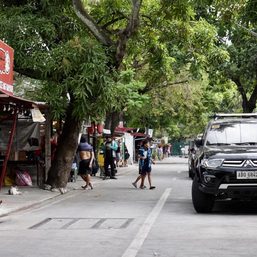
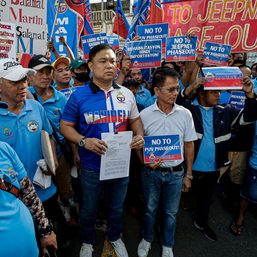
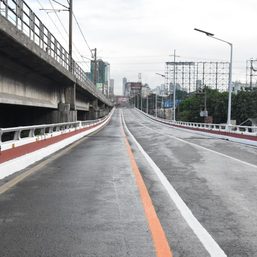

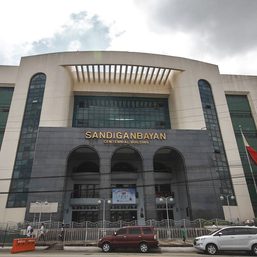
There are no comments yet. Add your comment to start the conversation.